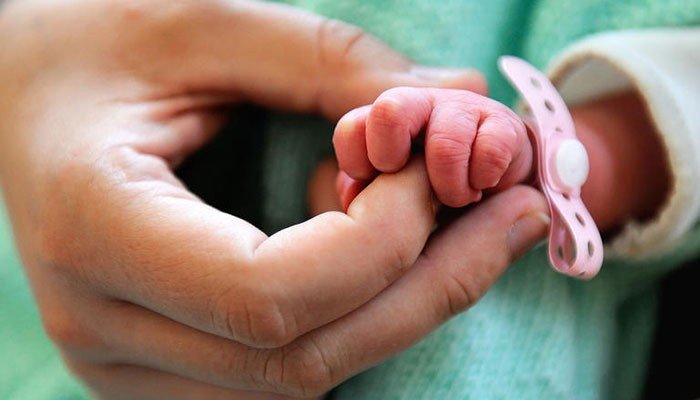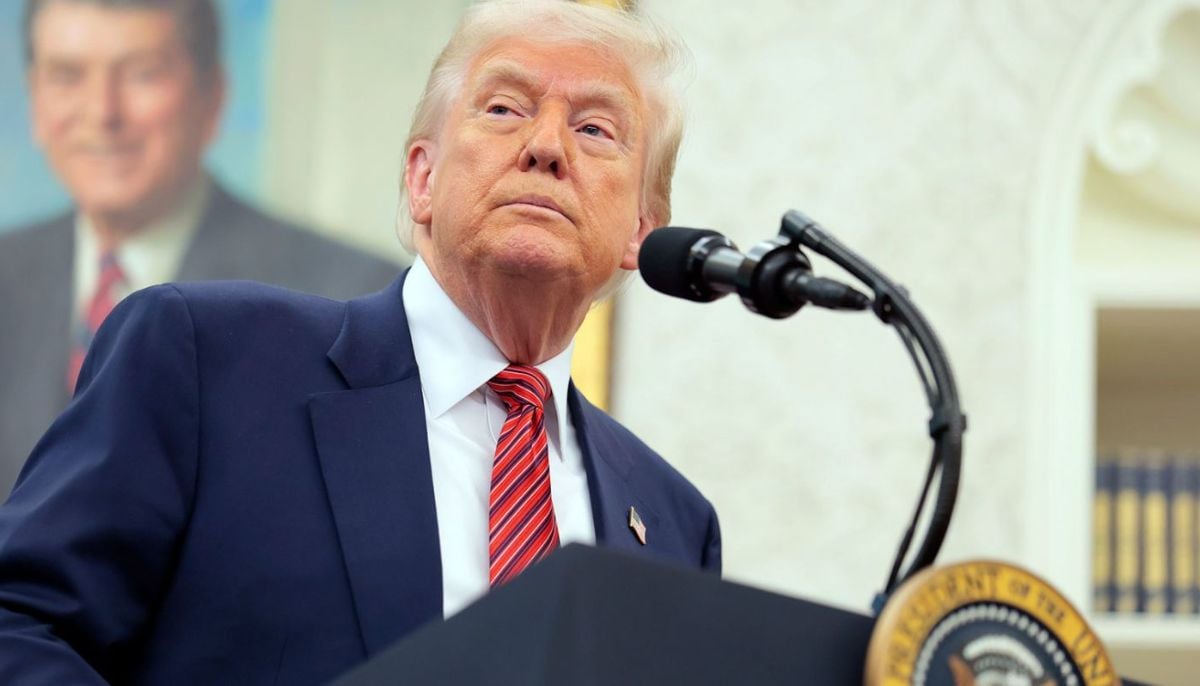COVID-19 may have led to over 200,000 child deaths in South Asia, warns UNICEF
UNICEF report says child vaccinations fell sharply in India and Pakistan
- Estimates based on actual observed changes and modelling exercises using data from before the pandemic in South Asia.
- Report says that even where health services were not shut down, the number of people visiting them declined.
- UNICEF report says child vaccinations fell sharply in India and Pakistan.
NEW DELHI: A UNICEF report warned on Wednesday that the COVID-19 pandemic may have led to the deaths of more than 200,000 children in 2020.
The study commissioned by UNICEF blamed "drastic cuts in the availability and use of essential public health services" because of the pandemic across India, Pakistan, Nepal, Bangladesh, Afghanistan and Sri Lanka, home to 1.8 billion people.
"The fall-off of these critical services has had a devastating impact on the health and nutrition of the poorest families," said UNICEF regional director George Laryea-Adjei.
"It is absolutely vital that these services are fully restored for children and mothers who are in desperate need of them, and that everything possible is done to ensure that people feel safe to use them," Laryea-Adjei said.
The estimates were based on actual observed changes and modelling exercises using data from before the pandemic in South Asia, where in 2019 alone 1.4 million children under five died, 63% of them newborn babies.
Countries in the region, like elsewhere, imposed stringent lockdown measures to halt the spread of coronavirus. Many restrictions have since been eased although many schools remain shut.
The report said that even where health services were not shut down, the number of people visiting them declined.
In Bangladesh and Nepal, for example, the number of young children being treated for severe acute malnutrition (SAM) fell by over 80%, while child vaccinations fell sharply in India and Pakistan.
With some 420 million children in South Asia out of school due to the pandemic, the report also warned that nine million children were likely never to return to school, the report added.
This in turn is expected to lead to an increase in child marriages, resulting in an additional 400,000 adolescent pregnancies, as well as an increase in the number of maternal and neonatal deaths, and in rates of child stunting.
-
Japan unveils anti-ship missile with ‘barrel-roll’ evasion to outsmart defenses
-
Missouri couple ‘locked sons in chicken pen, shot them’ in shocking abuse case
-
Chinese ‘mega embassy’ wins UK approval in London ahead of Starmer’s China visit
-
From Chagos Islands to Greenland Trump flags national security risks: Here’s why
-
Church under investigation after anti-ICE protest interrupts worship
-
'I don't care': Trump shrugs off Nobel Prize talk as Greenland tensions escalate
-
Alarming: Rising shark attacks force Australia to close beaches
-
Three-year-old allegedly tortured, killed during exorcism in California church












